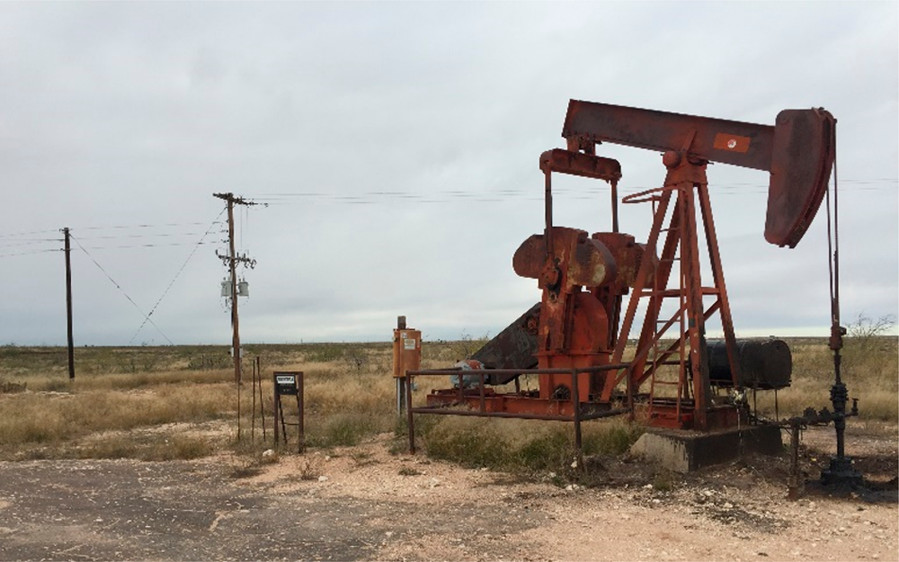As this year’s Conference of the Parties (COP28) begins today in Dubai, United Arab Emirates (UAE), environmental activists have raised the alarm that an estimated 29 million abandoned oil and gas wells and facilities will require hundreds of millions of dollars to be properly secured globally.
Executive Director of Health of Mother Earth Foundation (HOMEF), Reverend Nnimmo Bassey, who stated this at the Ororo-1 Documentary Screening and Policy Dialogue in Lagos on Monday, November 27, 2023, said the derelict facilities constitute massive environmental degradation including ecosystem impacts, groundwater contamination and threat to human health.
He expressed concern that there are several wellheads, manifolds, flow stations and pipelines that ought to be decommissioned and removed from communities across the Niger Delta by the International Oil Companies (IOCs) and the Nigerian National Petroleum Company Limited (NNPCL).
“Nigerian law and regulation requires proper decommissioning, abandonment and removal of all unused oil facilities according to best international standards, which are often ignored. This happens also in the solid minerals sector as evidenced by the abandoned tin mines of Jos and the coal mines of Enugu. Across the world, there are an estimated 29 million oil and gas wells and extractive facilities that will require hundreds of billions of dollars to secure properly,” he said.
Citing the abandoned first oil well at Oloibiri in present day Bayelsa State from where crude oil was exported in 1958, which still drips crude oil and the blow out of Aiteo’s Nembe/Santa Barbara Well-1 in November 2021 on the Santa Barbara River in OML 29 in Bayelsa State, Nigeria, he alerted that all abandoned oil facilities worldwide constitute time bombs that have already started to explode.
He lamented that the Santa Barbara blow out raged for 39 days and that while official industry estimated that less than 5,000 barrels were spilled, independent experts estimated that over 500,000 barrels of hydrocarbon fluids, gas and oil were spilled in the monumental incident.
“Numerous well head leaks are recorded across the region. Another notorious incident that occurred in recent times is that of the aged Trinity Spirit FSPO that exploded and sank in February 2022.
“In the climate change negotiations, there are contentious debates over reparations for Loss and Damage for remediation and restoration of extensive environmental and infrastructure hazards. Some of these harms are extensive and may be irreparable and constitute ecocide,” he stated.
Read also: Stakeholders seek climate finance, investment mobilisation for agricultural adaptation
Bassey also berated International Oil Companies (OICs) which have been divesting and selling off their onshore and near offshore assets to Domestic Oil Companies (DOCs) since the Local Content Act of 2010.
He argued that by selling or divesting their assets from the Niger Delta, they seek to avoid decommissioning and removing unused or derelict infrastructure, upgrading of poorly maintained facilities and liability for the decades of environmental, socio-economic and human rights violations.
“Nigerian and international law hold that regardless of any subsequent transfer of assets, liability remains the responsibility of those causing the injury. They could equally be held accountable for damage that occurs post-divestment if such arise from integrity issues that were not disclosed,” he added.
Bassey, who strongly canvassed thorough clean up and restoration of the environment, stressed that the heavy dependence of the Nigerian Government on IOCs and oil revenue has inexorably entrenched the non-transparent, corrupt and strategically dysfunctional petroleum sector.
“This is the core enabler of the sort of reckless corporate behaviour that pervades the sector and by extension the nation. This misbehaviour has rendered the relevant regulatory agencies either impotent or complicit in the malaise,” he said.






